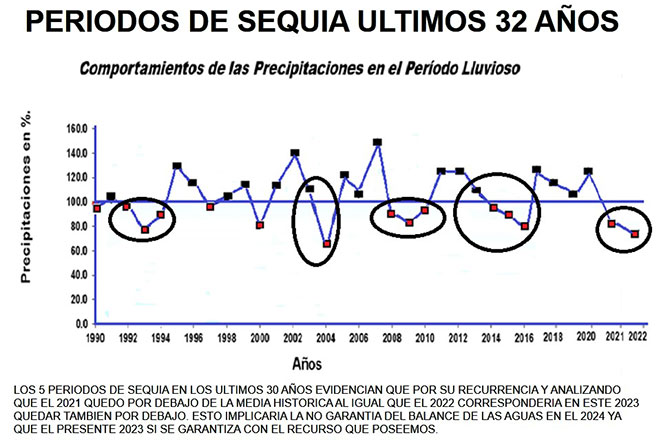The actions of the energy councils of Ciego de Ávila, at all levels, in the search for reserves and to put an end to waste, remains a prioritized task, without losing sight of the validity of the measures to lower the loads of electricity consumption , especially at peak times, in the face of a national energy contingency that has not been overcome.

The intense programming of maintenance to the thermoelectric plants that is being undertaken during these weeks in the country, added to the breakdowns of these thermal units and limitations of fuels for generation (mainly diesel), highlight the need to save and use rational use of energy in jobs and homes.
During the course of the week, it is recorded that municipalities such as Ciego de Ávila, Venezuela and Majagua do not comply with their daily plans, despite complying with the accumulated ones for the month. Demands are checked with special attention during the night peaks (from 5:00 to 7:00 pm), in which almost all the territories behave above what is allowed.
High consumers continue to be targeted by inspections carried out by specialists from the Office for the Control of the Rational Use of Energy (ONURE), in conjunction with political and mass organizations. In the municipality of Morón, for example, some of these entities do not offer their share of consumption. Along with contingency visits, there they should gain in quality by not detecting deficiencies despite being undisciplined, as general statistics confirm this.
In this sense, the authorities recommend going to those places where the expense is higher and where they can potentially fail to comply with the provisions. The sanctions by ONURE include taking away from offenders half of the fuel destined for administrative transportation.
Even at this point in the month, centers that work without an electricity plan are detected, such as the Máximo Gómez Agro-industrial Grain Company, in Chambas, according to what was learned in a meeting by audioconference with all the municipal energy councils.
The Primero de Enero factory is another one that must put its accounts in order, since it has an electricity plan to make molasses, however, not to make raw sugar, after its reincorporation to these functions of the harvest.
Linked to agricultural irrigation, there are several entities in the province that work during peak hours, such as the irrigation machines at the Cubasoy Agricultural Company, in Venezuela, and the Arnaldo Ramírez Agricultural Company, in Primero de Enero. In the same way, production bases of Ciro Redondo put their irrigation systems or pumping stations to work during those unauthorized hours when consumption grows.
In that same territory, the torula yeast factory presents overconsumption, associated with the use of old equipment without the recommended energy efficiency.
Ice factories in fishing units such as those in Bolivia and Júcaro were operating during peak hours at the time of the inspections.
It was also happening the same at the Majagua Canning Factory, in which the consumption of three powerlines associated with the entity must also be limited, which in the end increases its spending.
In most of the municipalities, the incidence of lights on unnecessarily and the lack of self-control of the log stood out as a constant.
